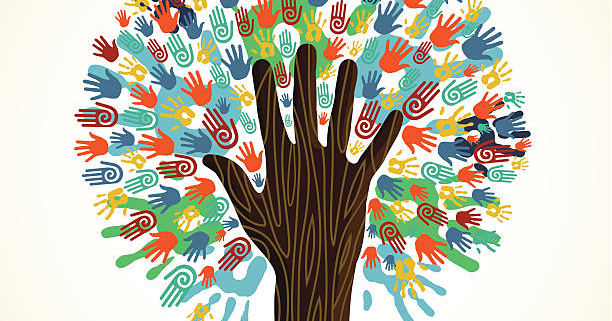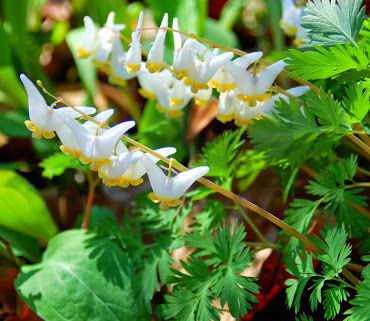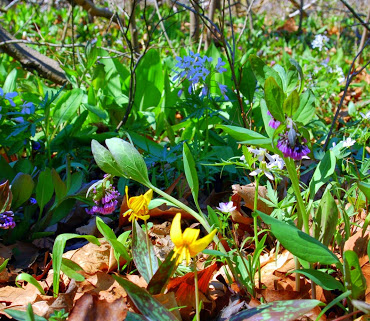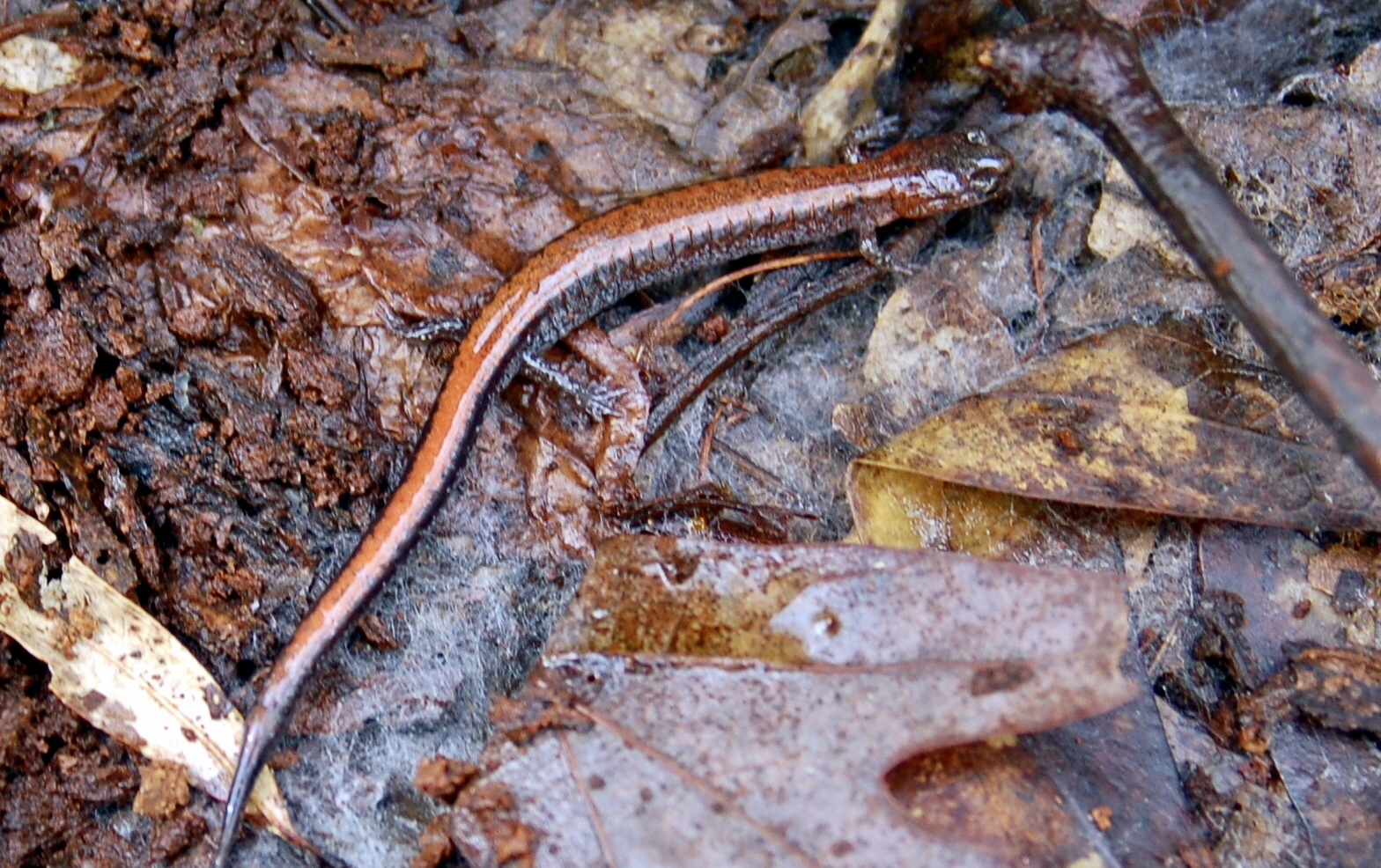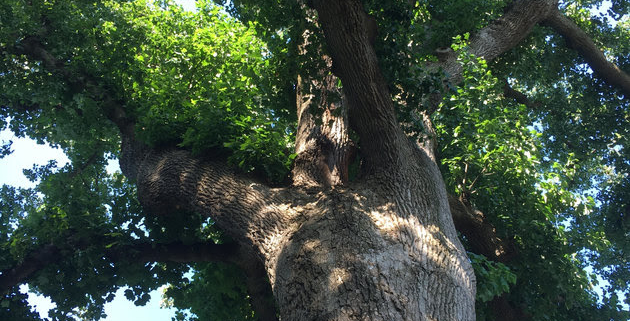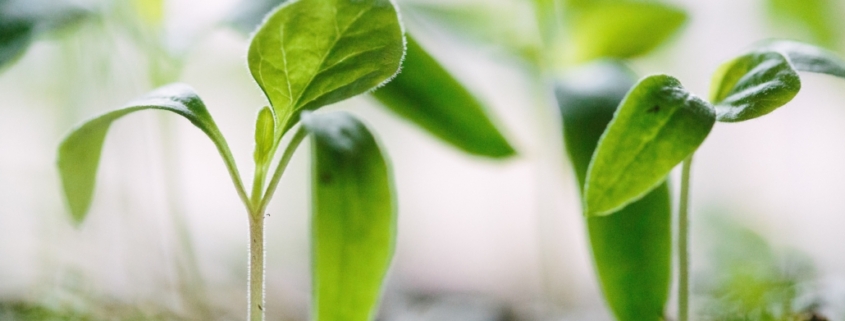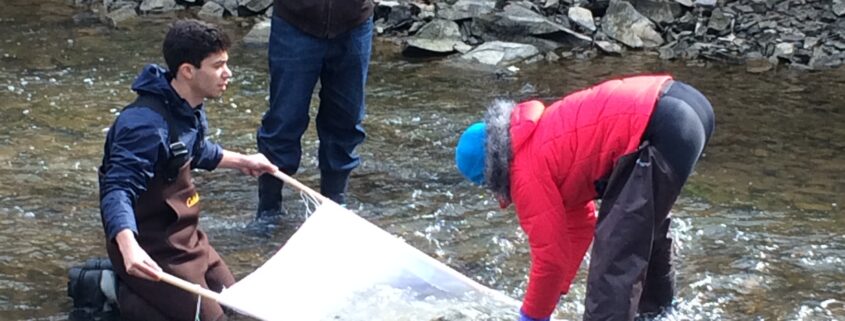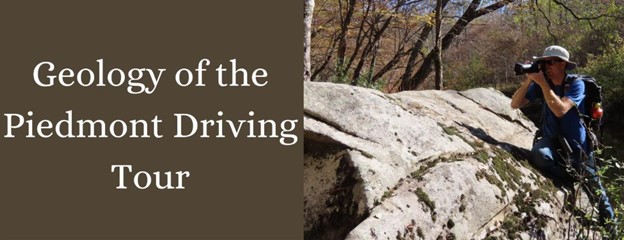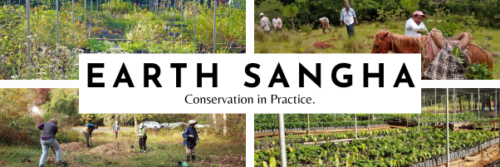Photo: FMN Janet Quinn, Hidden Pond stream monitoring
*NVSWCD Workshop*
Wolftrap Creek Stream Monitoring Workshop
When: Saturday, March 2, 9:00am-12:00pm
Where: Wolftrap Creek Stream Valley Park/Foxstone Park, Vienna
Join NVSWCD for our first stream monitoring workshop of the spring season. This site features a small, shallow stream which usually has a good number of beetles. Learn more and register for this workshop and others here.
Accotink Creek Spring Stream Monitoring
When: Saturday, March 9, 9:30-11:30am
Where: Lake Accotink Park, Springfield
GET YOUR BRAIN WET! Join Friends of Lake Accotink Park and Friends of Accotink Creek for a rewarding and fun time for adults and children who enjoy helping our parks and environment by identifying and counting stream critters to document the health of the stream. It’s fun for the whole family to learn what’s in the water by seeing and counting stream critters. The critter count is ever-changing, but volunteers have made some exciting finds, including small crayfish. Learn more and be sure to register here.
*NVSWCD Workshop*
Difficult Run Stream Monitoring Workshop
When: Sunday, March 24, 9:00am-12:00pm
Where: Difficult Run Stream Valley Park, Great Falls
This stream site in Great Falls is a short walk through the woods to a river with wide, sandy banks. These trails are very popular with hikers and volunteers often get high water quality scores at this site. Learn more and register for this workshop and others here.
*NVSWCD Workshop*
Big Rocky Run Stream Monitoring Workshop
When: Thursday, March 28, 1:00-4:00pm
Where: Ellanor C. Lawrence Park, Chantilly
This stream monitoring site on Big Rocky Run is located near the historic Cabell’s Mill in Ellanor C. Lawrence Park. This park features great trails with interpretive signage and the stream site is a stone’s throw from Walney Pond, where you may get to see the happy beaver family that lives there. Learn more and register for this workshop and others here.
More Training and Stream Monitoring Opportunities
The NoVa Soil & Water Conservation teams are very excited to contribute their stream data to state and national datasets. If you’d like to see data from all the NVSWCD regional stream monitoring team’s active sites, you can find our organization on the Clean Water Hub.


